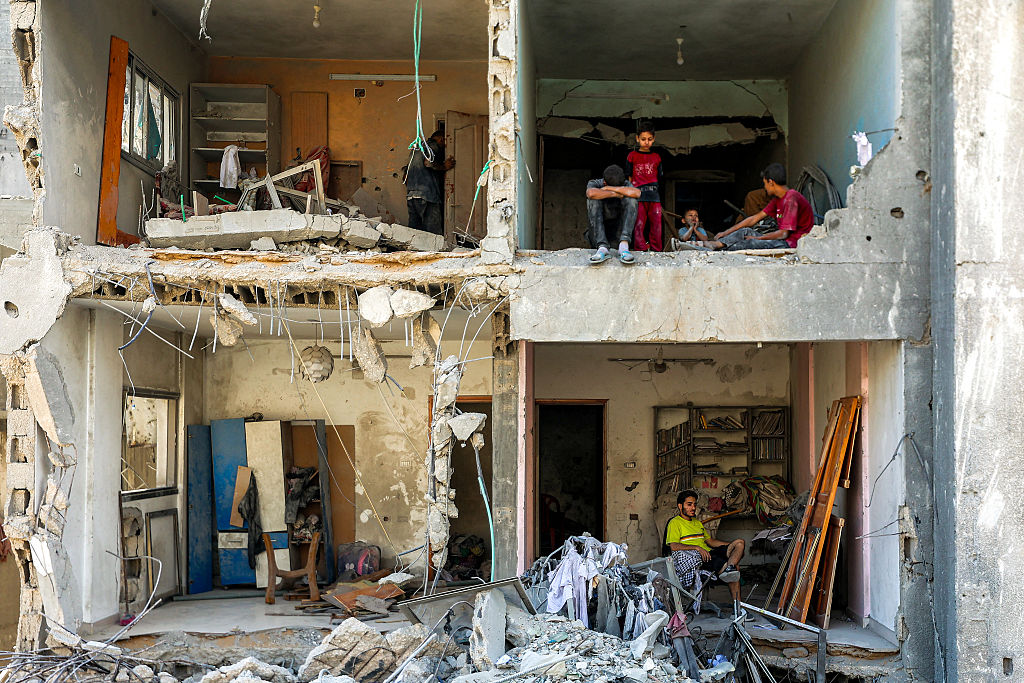
"Had I remained one more day on the seventh floor of my apartment building in Gaza City, I would have died. How am I to endure the feeling of being homeless in Al-Rimal, the neighborhood where I grew up - now reduced to a ghost city after so many apartment towers were destroyed? How can I be displaced in my own city, with no place left for me in the north or the south? I am homeless in my homeland."
"Soon after, Al-Jundi Tower - the high-rise apartment building beside us - was bombed, along with the building across the street, leaving half of the apartment building that I lived in destroyed. And yet, despite the devastation and the danger, we returned to the seventh floor to collect our mattresses - because in Gaza, you cannot simply buy new ones."
"That night, at around 11 pm, after the occupation had carried out its threats, we came back to find our home half-destroyed, with only one room left intact. We gathered all our mattresses and went to my grandmother's house, planning to return in the morning to decide where we could stay. Then came the mockery: The army told our neighbor from the Kollak family - after destroying the tower - "Now you can return to your homes, then you must evacuate to the sout""
On September 14 a sudden evacuation order forced residents to flee a Gaza City apartment tower. Nearby Al-Jundi Tower and another building were bombed, leaving half of the narrator's building destroyed and reducing the neighborhood to a ghost city. The family returned at night to salvage mattresses because supplies and replacements are unavailable or unaffordable, with tents costing as much as $1,500. That night their home was found half-destroyed and only one room remained intact, so they took mattresses to a grandmother's house while planning where to stay. An army message to a neighbor mocked displaced families by telling them to return then evacuate again.
Read at Truthout
Unable to calculate read time
Collection
[
|
...
]